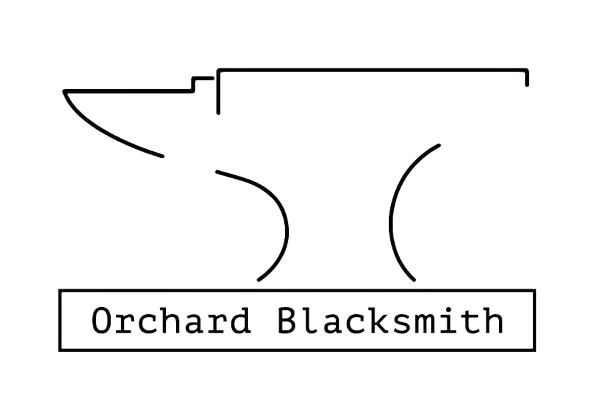What Hand Forged Truly Means in Blacksmithing?
The art of blacksmithing is a timeless craft that has been practiced for centuries, captivating the imaginations of those who appreciate the beauty and strength of handcrafted metalwork. At the heart of this ancient trade lies the term "hand forged," a phrase that carries with it a rich history and a dedication to craftsmanship that sets it apart from mass-produced alternatives. In this blog post, we will delve into the depths of blacksmithing to unveil the true meaning of "hand forged."
Defining Hand Forged: At its core, "hand forged" refers to the meticulous process of shaping metal by hand, using traditional blacksmithing techniques. Unlike mass-produced items that are churned out by machines, hand forging involves the skillful manipulation of metal through a series of controlled and intentional strikes. This manual approach allows the blacksmith to create unique and personalized pieces, each bearing the mark of the artisan's expertise and creativity.
The Blacksmith's Workshop: The blacksmith's workshop serves as the crucible where the magic of hand forging unfolds. Here, a skilled blacksmith transforms raw metal into functional and aesthetically pleasing objects. The process typically begins with selecting the right type of metal, heating it in a forge until it reaches a malleable state. The blacksmith then hammers, bends, twists, and shapes the metal to bring the envisioned design to life.
The Anvil's Song: Central to the art of hand forging is the anvil, a solid and sturdy tool that serves as the blacksmith's canvas. Each strike against the metal on the anvil produces a unique resonance, creating a symphony of sounds that echo through the workshop. The blacksmith learns to interpret these auditory cues, adjusting their technique accordingly to achieve the desired result.
The Importance of Tradition: Hand forging is deeply rooted in tradition, with techniques passed down through generations of blacksmiths. This connection to the past not only ensures the preservation of time-tested methods but also fosters a sense of continuity and respect for the craft. In a world dominated by mass production, hand forging stands as a testament to the enduring value of artisanal workmanship.
Quality and Individuality: One of the defining characteristics of hand-forged items is their unparalleled quality and individuality. Each piece bears the unique marks and imperfections that arise from the human touch, making it a one-of-a-kind creation. This level of craftsmanship imparts a sense of authenticity and character that is often absent in mass-produced goods.
In the realm of blacksmithing, the term "hand forged" encapsulates not just a method of production but an entire philosophy of craftsmanship. It represents a commitment to tradition, quality, and individuality that sets hand-forged items apart from their factory-made counterparts. The next time you come across a hand-forged piece, take a moment to appreciate the skill, dedication, and artistry that went into creating it – a tangible connection to the ancient and enduring craft of the blacksmith.

